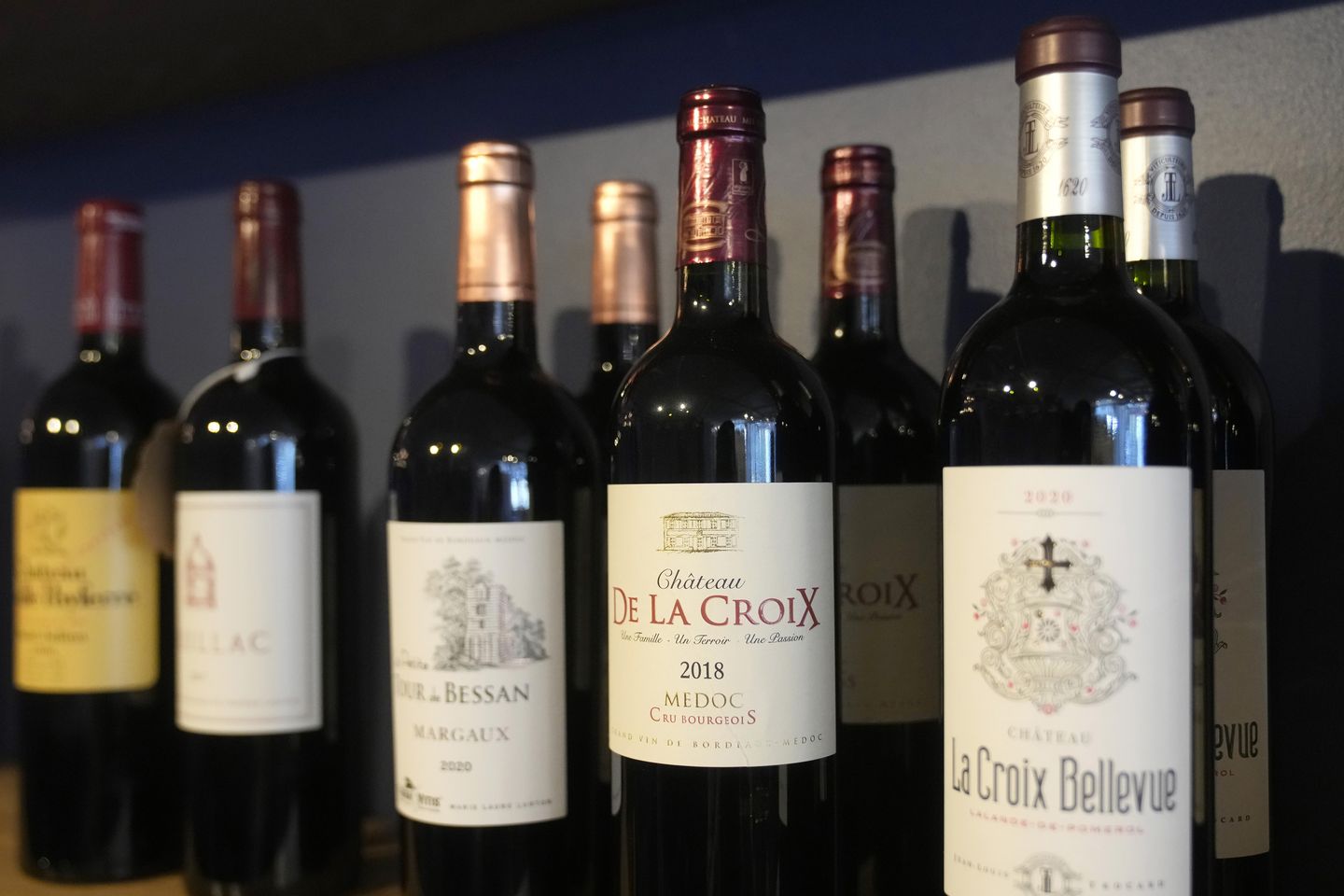
European wine producers on Wednesday urged the European Union to ratify trade agreements with Mexico and South American countries, saying the new markets would backfill some of the losses they expect from President Trump’s tariffs in the U.S.
The European Committee of Wine Companies, or CEEV according to its French acronym, said the deals would eliminate Brazilian tariffs on EU wines, among other benefits.
“Let’s be clear: Brazil and Mexico cannot replace the losses we face in the U.S. market. However, they represent dynamic wine markets where European wines are highly valued and where we see important growing opportunities,” CEEV General Secretary Ignacio Sánchez Recarte said.
The comments underscored the global alcohol industry’s scramble to adjust to Mr. Trump’s trade agenda. In some cases, foreign countries are looking beyond the U.S. for new markets.
European producers are scanning the Western Hemisphere for consumers, while trade tensions with Canada resulted in a boycott of U.S. whiskeys, forcing distillers in Kentucky and other states to grapple with declining sales.
Tariffs sometimes force consumers to choose products made within their home countries. Domestic products don’t face tariffs and may be less expensive.
But tariffs are a complicating factor for the European wine and spirits industries, which are linked to terroir and other characteristics of a region that cannot be replicated in the U.S.
The EU exported more than $10 billion worth of alcohol to the U.S. in 2024, according to Eurostat, as American consumers drank up white Burgundy from France, Sangiovese from Italy, Riesling from Germany and other products.
Mr. Trump struck a trade deal with the EU that imposes a 15% tariff on many EU products. The CEEV wants an exemption from the tariffs, saying it will cause “significant economic losses” for the EU and U.S. alike.
CEEV is looking beyond the U.S. and urging the European Parliament to ratify a trade agreement with Mexico and a separate agreement with the Mercosur bloc composed of Argentina, Brazil, Paraguay, Uruguay and Bolivia.
“At a time of increasing geopolitical and economic challenges, it is more important than ever for the EU to secure and diversify its trade relations with trusted partners,” CEEV President Marzia Varvaglione said. “We call on the European Parliament and the Council to swiftly advance the ratification process so that wine businesses and wine consumers on both sides can benefit from these historic agreements without delay.”
The EU is barreling ahead with the agreements, but ratification might be slowed by opposition from France, which fears South American imports could undercut its farmers.








